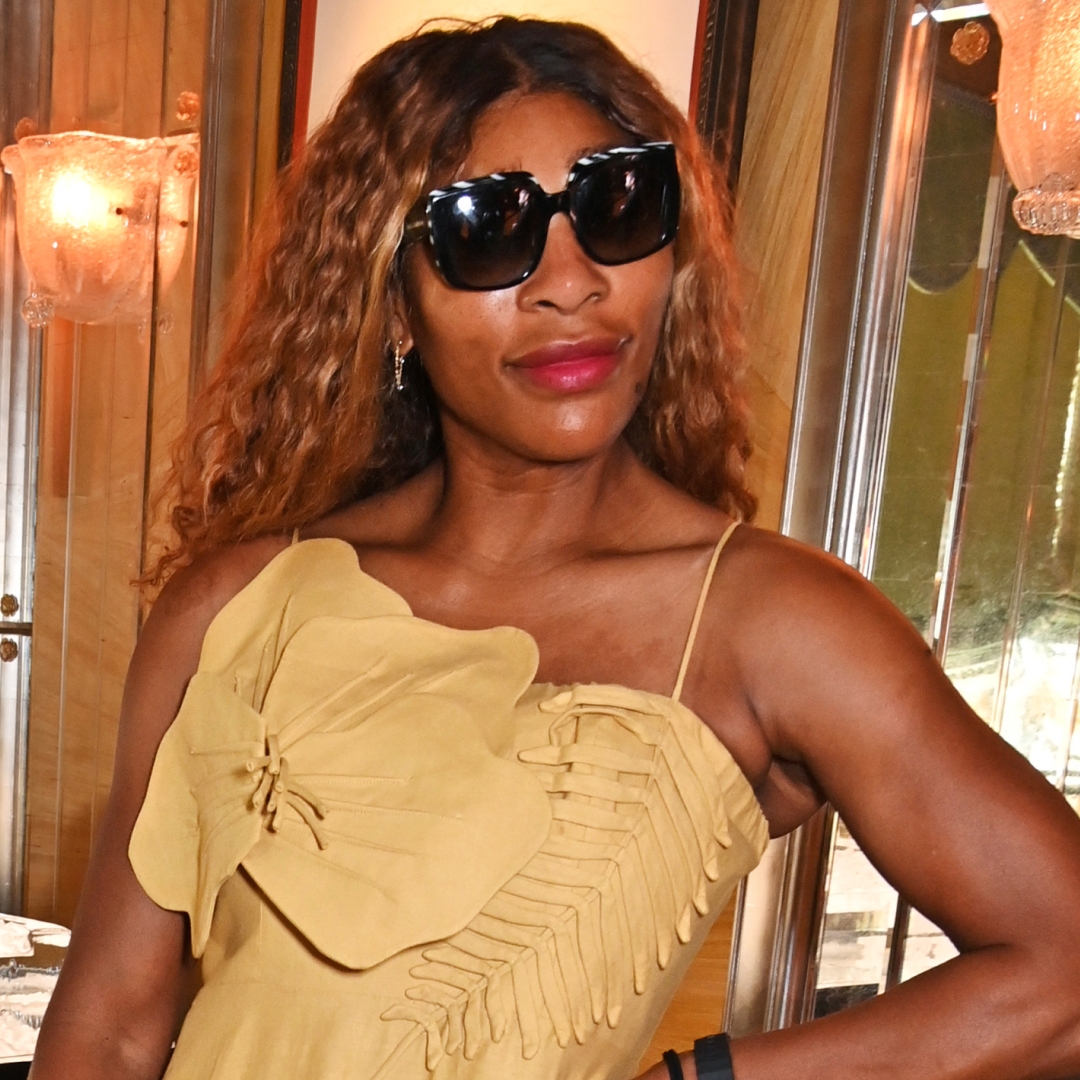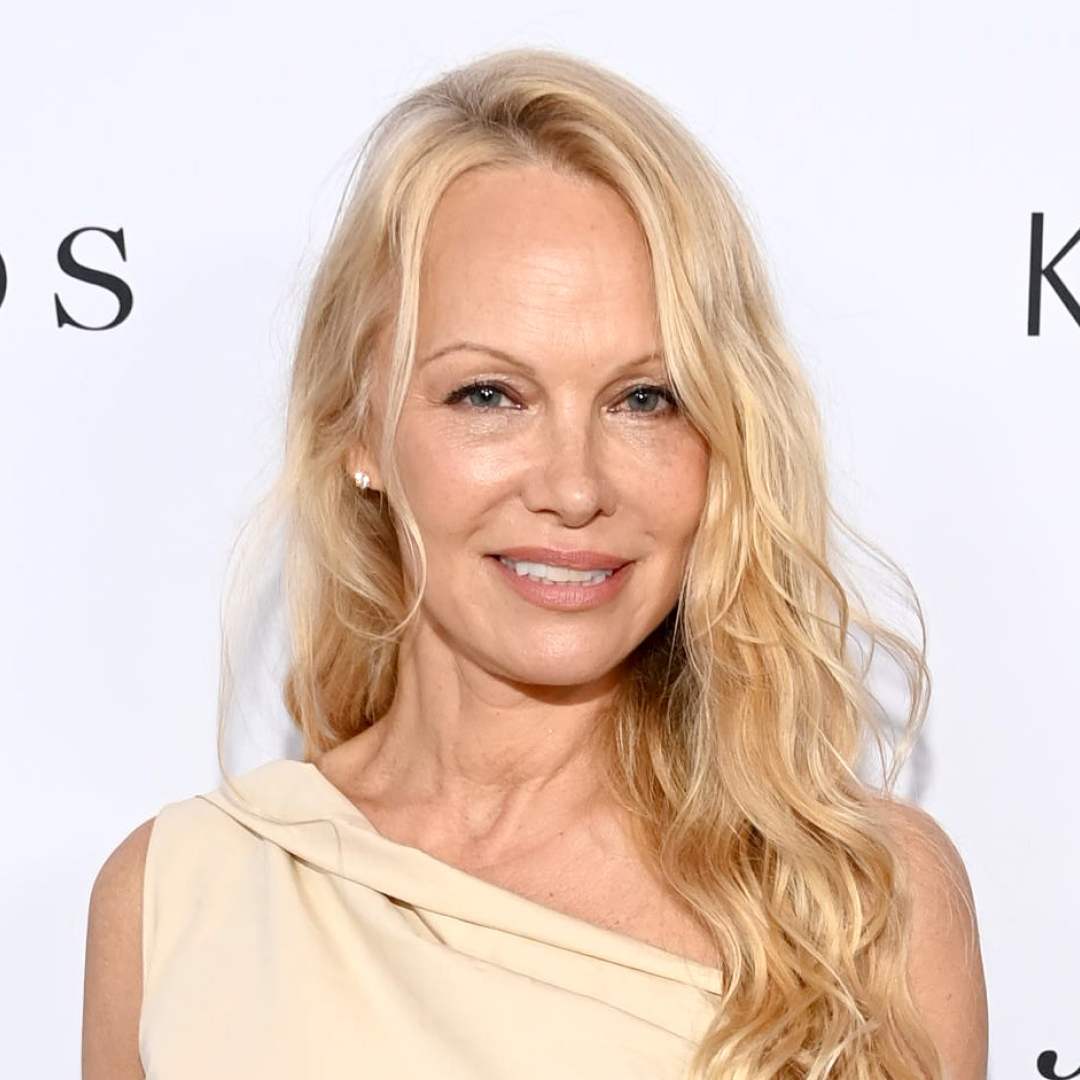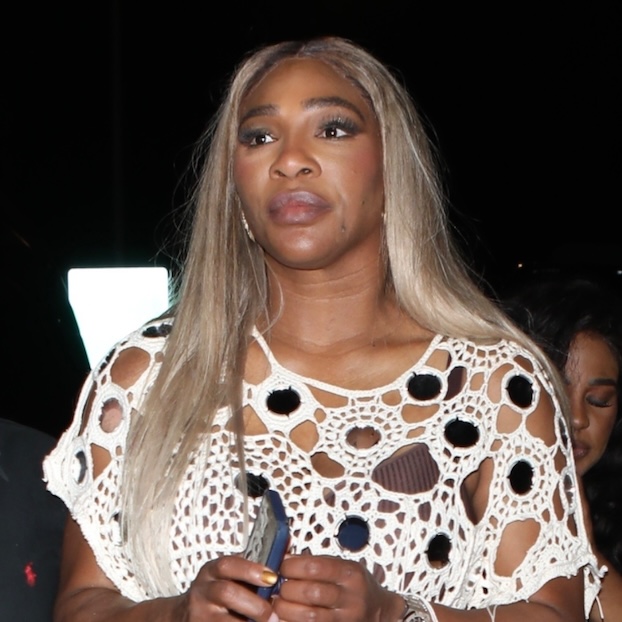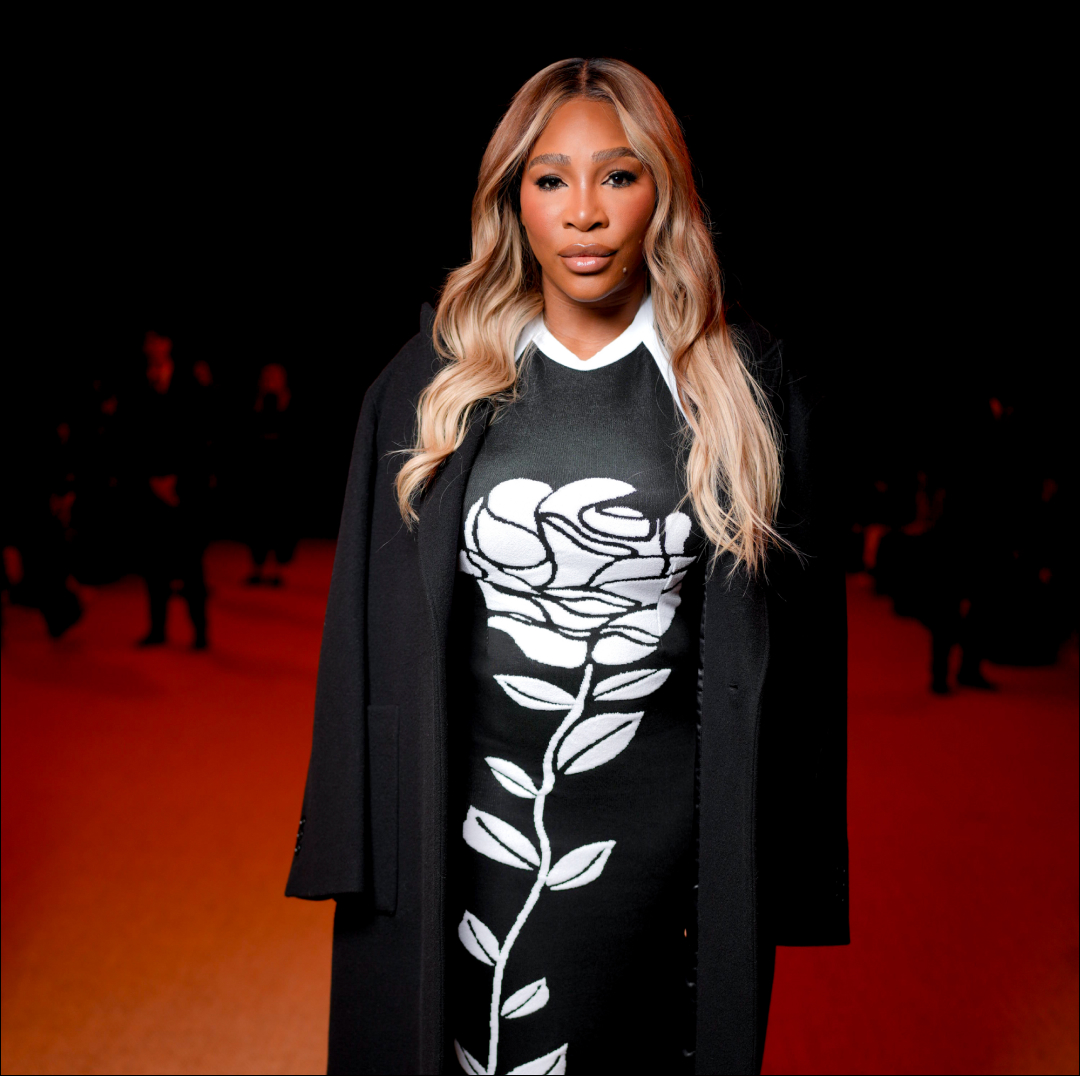Serena Williams
Discover breaking news about Serena Williams, with comment and analysis from the team at Marie Claire.
-
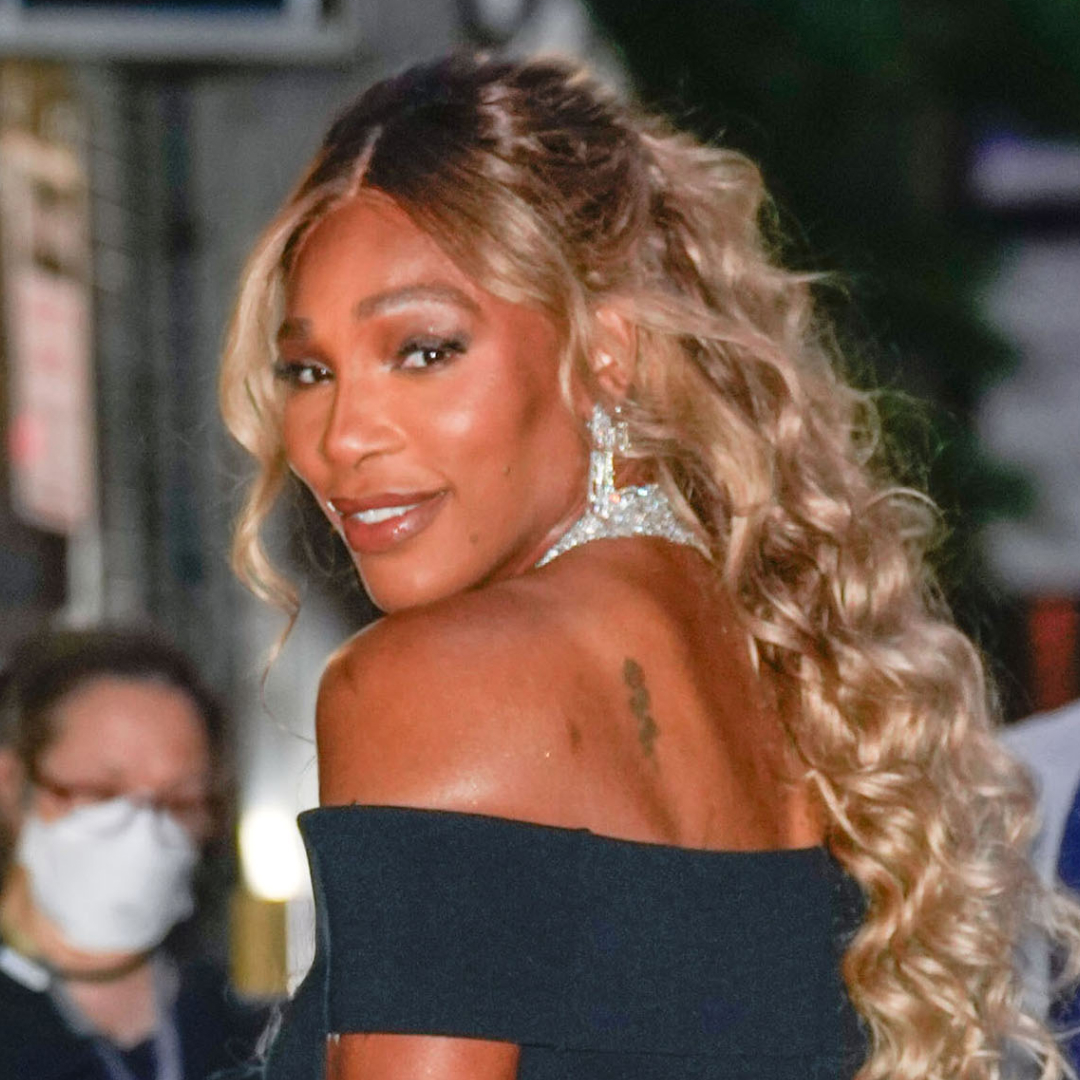
How Serena Williams Subverts Old Hollywood Style
The dress is modern, but the accessories are vintage glam.
By Halie LeSavage Published
-
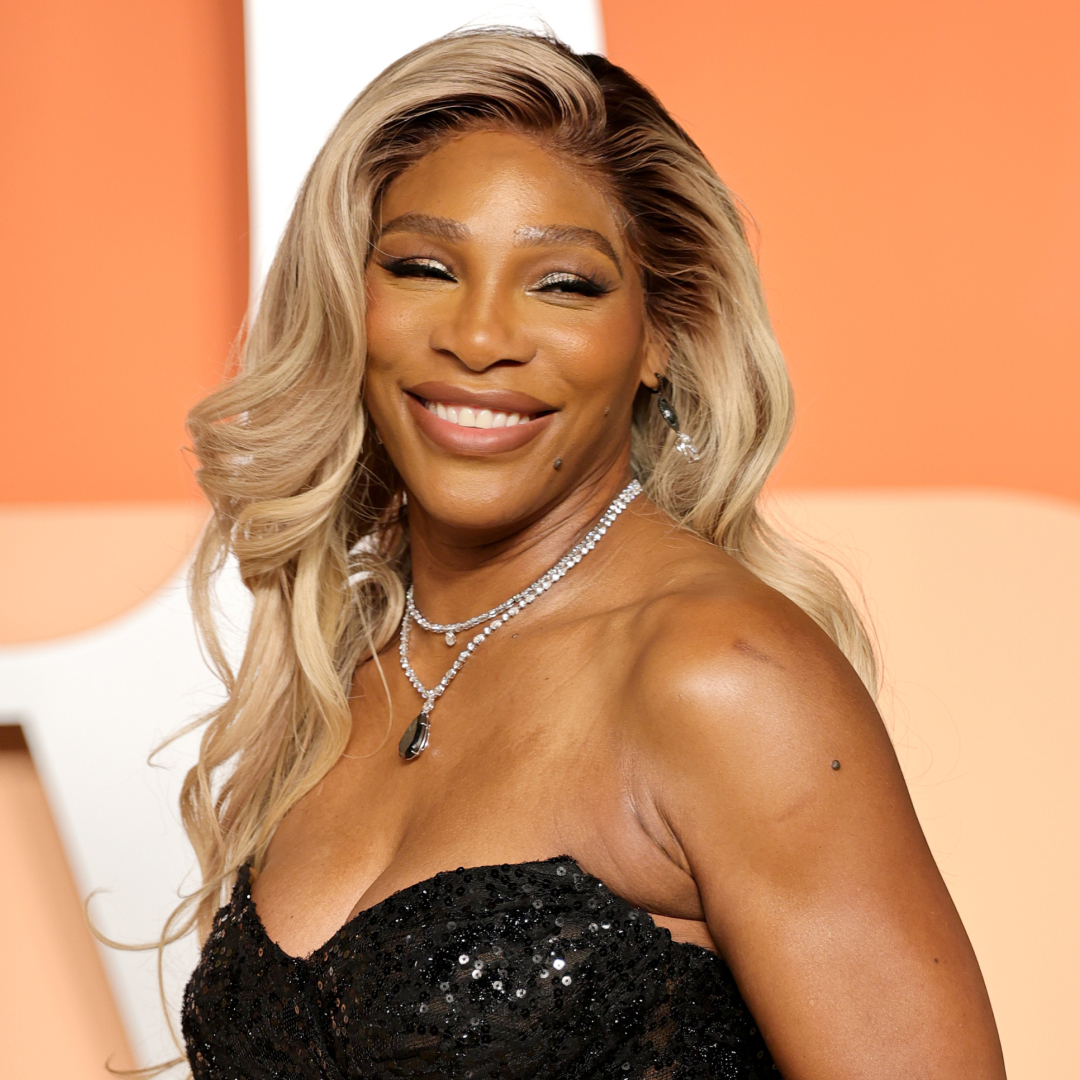
Serena Williams Avoided Taylor Swift at the Super Bowl for One Important Reason
Sorry, Olympia. You'll have to get that autograph next time.
By Lia Beck Published
-
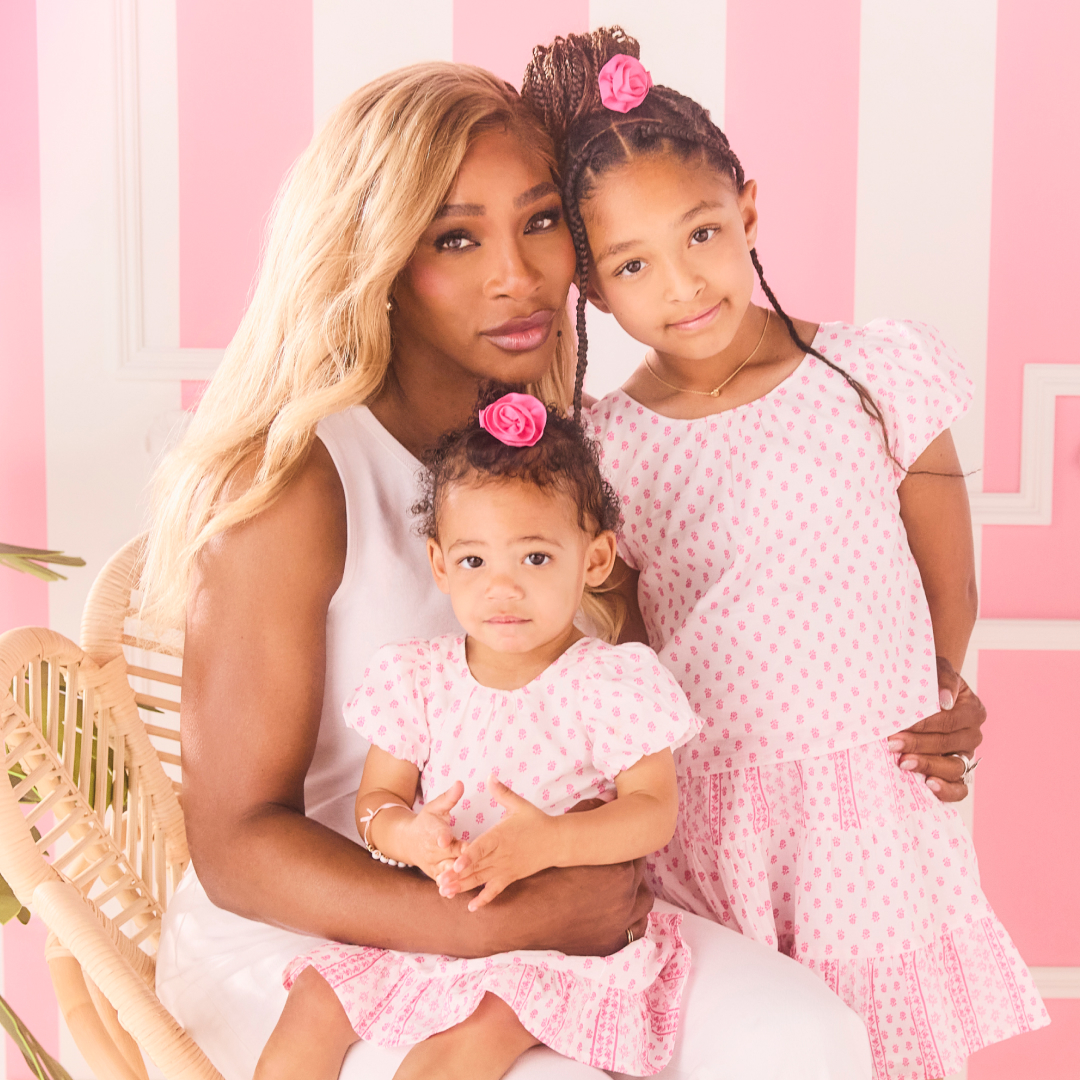
Serena Williams Has a New Role: Children's Clothing Designer
The tennis champion just added a collaboration with Janie and Jack to her portfolio.
By Hanna Lustig Published
-
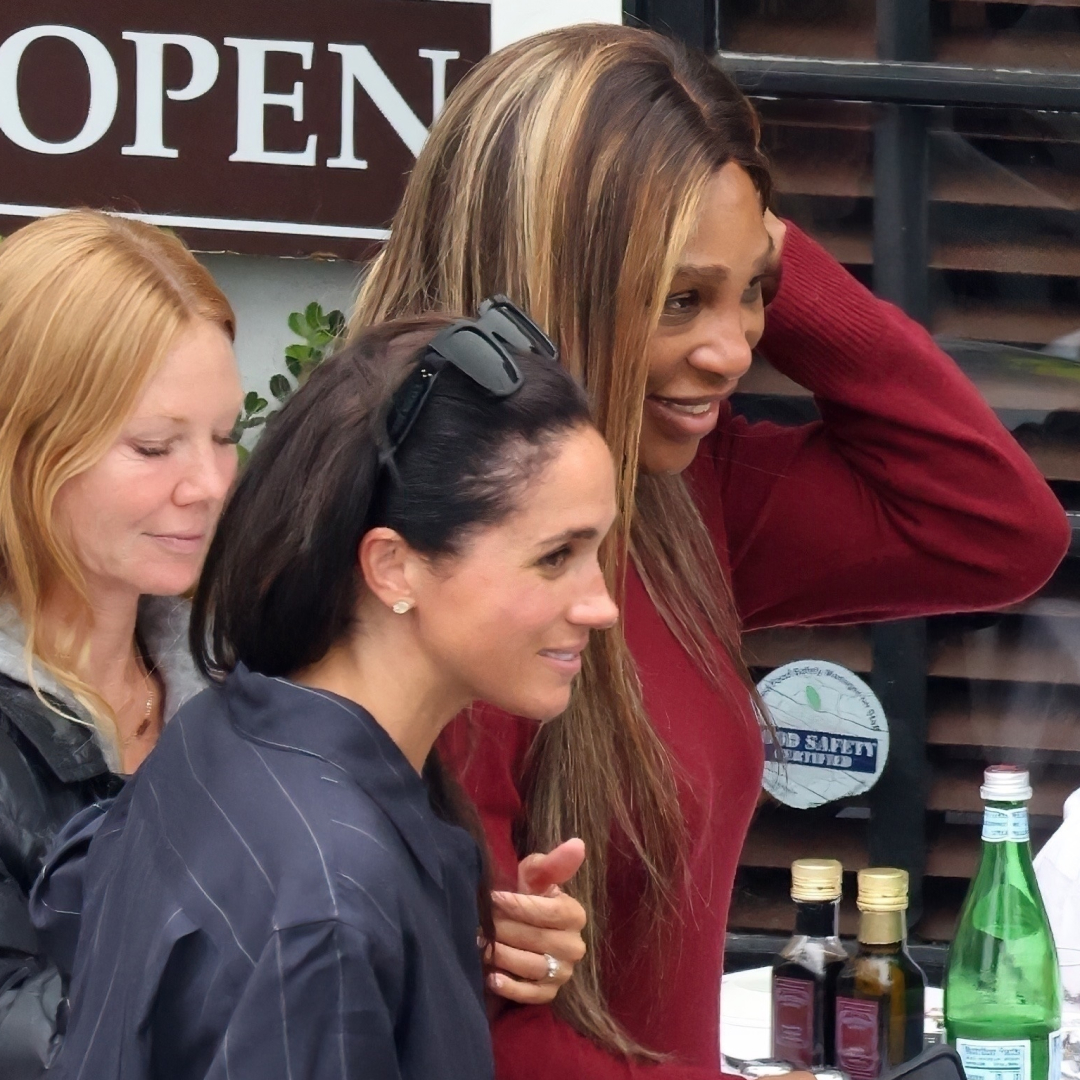
Meghan Markle and Serena Williams Power Lunch in Their Rich-Mom Best
The longtime besties linked up for a celebratory meal in color-coordinated outfits.
By Hanna Lustig Published
-

Serena Williams's Red Carpet Watch Arrives Right on Time
It's a perfect match to her black Dolce & Gabbana ballgown.
By Halie LeSavage Published
-
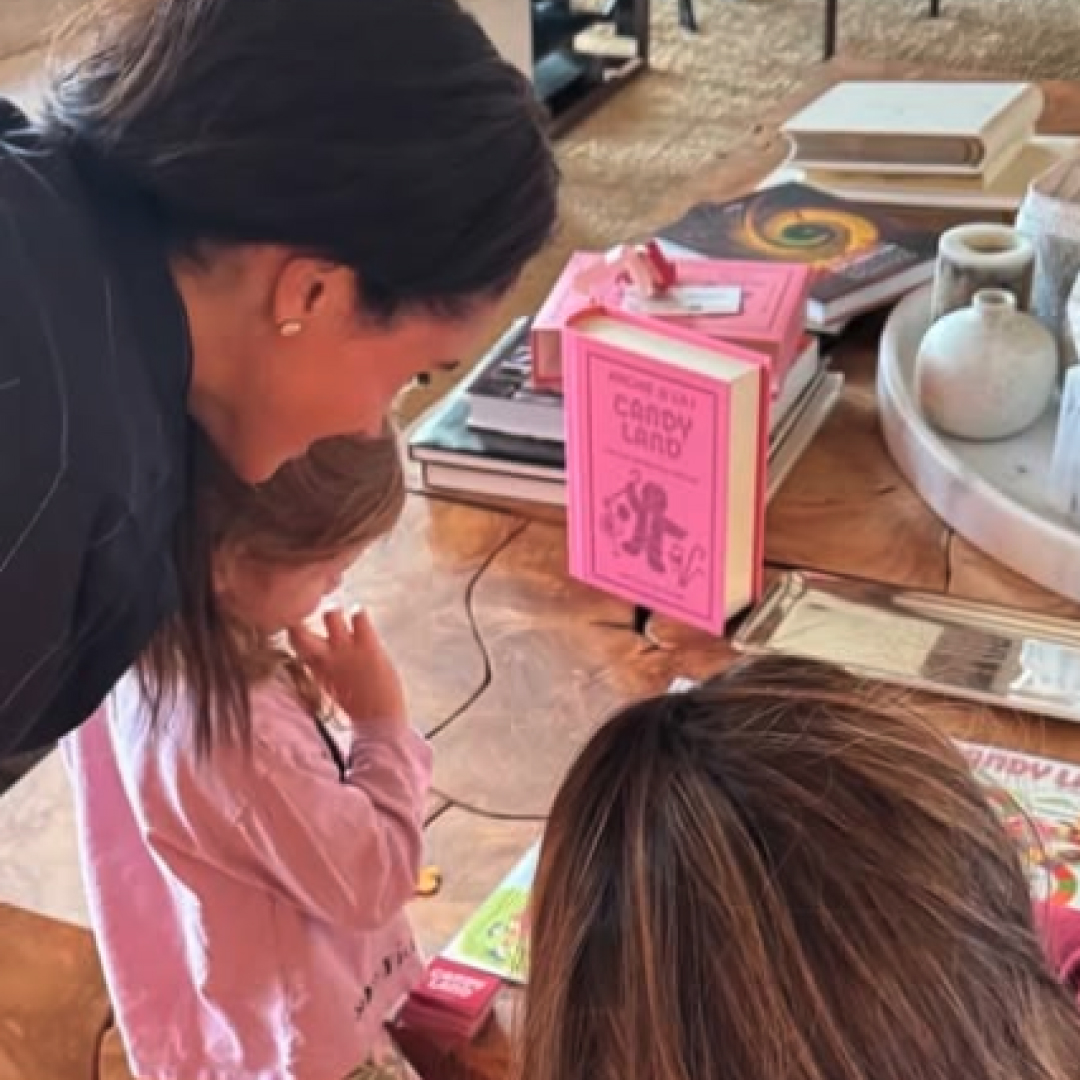
Meghan Markle's Daughter Just Had an Adorable Playdate
"When the aunties come to celebrate...and play!"
By Amy Mackelden Published
-
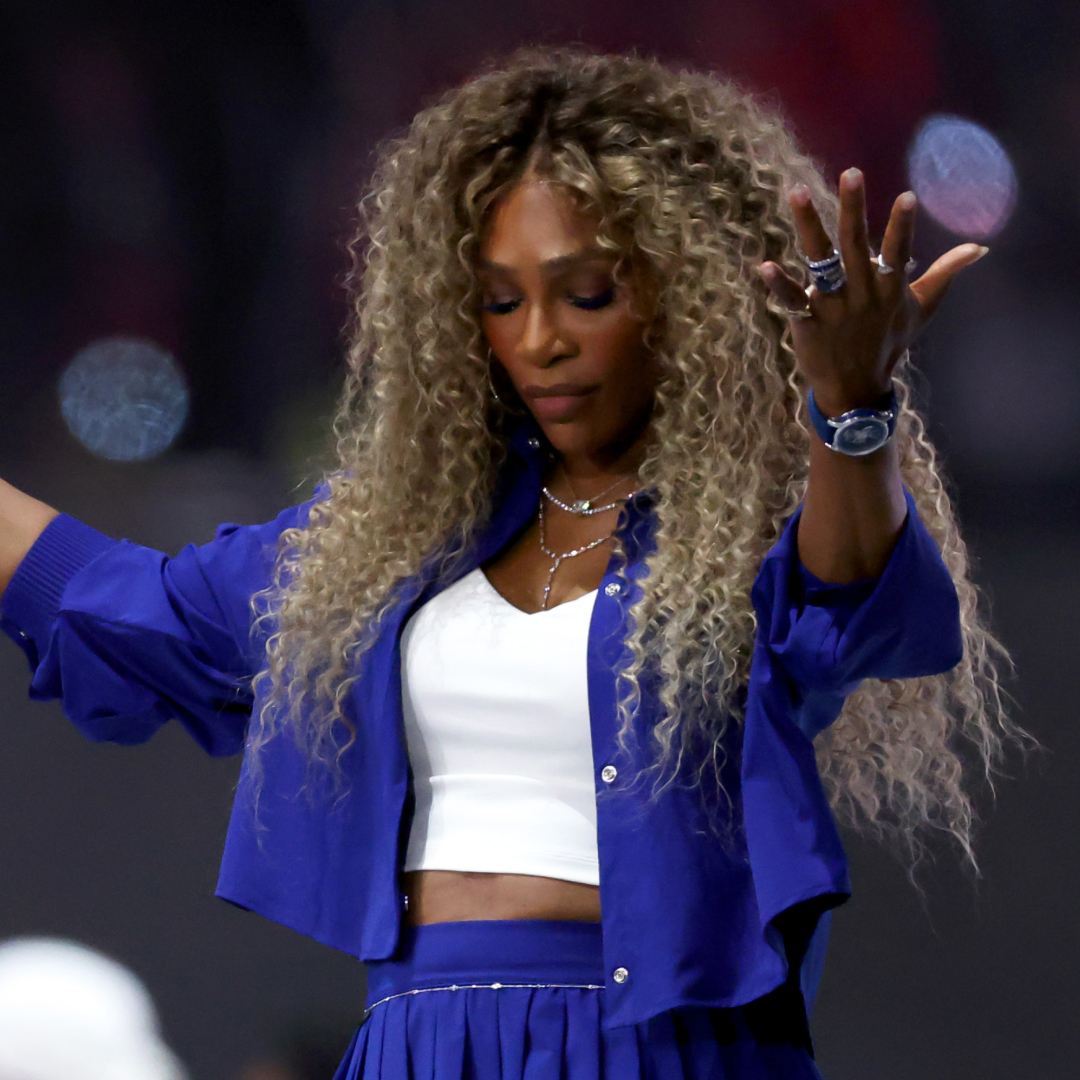
Serena Williams Surprises the Super Bowl in Tennis Classics
Her cameo was one of several halftime show highlights.
By Halie LeSavage Last updated
-
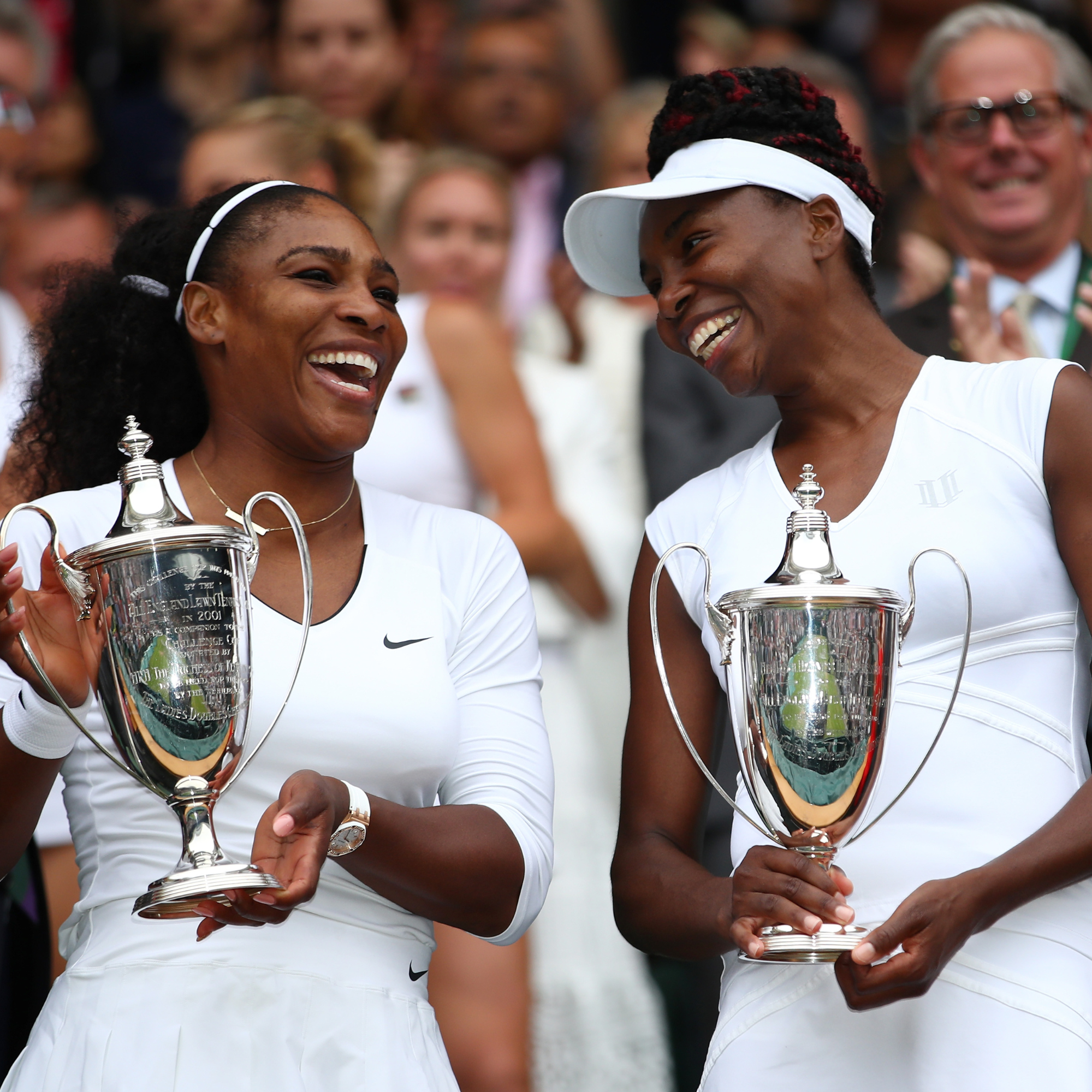
Venus Williams Jokingly Reminds Us That She and Serena Aren't Twins
Nope, just sisters!
By Iris Goldsztajn Published
-
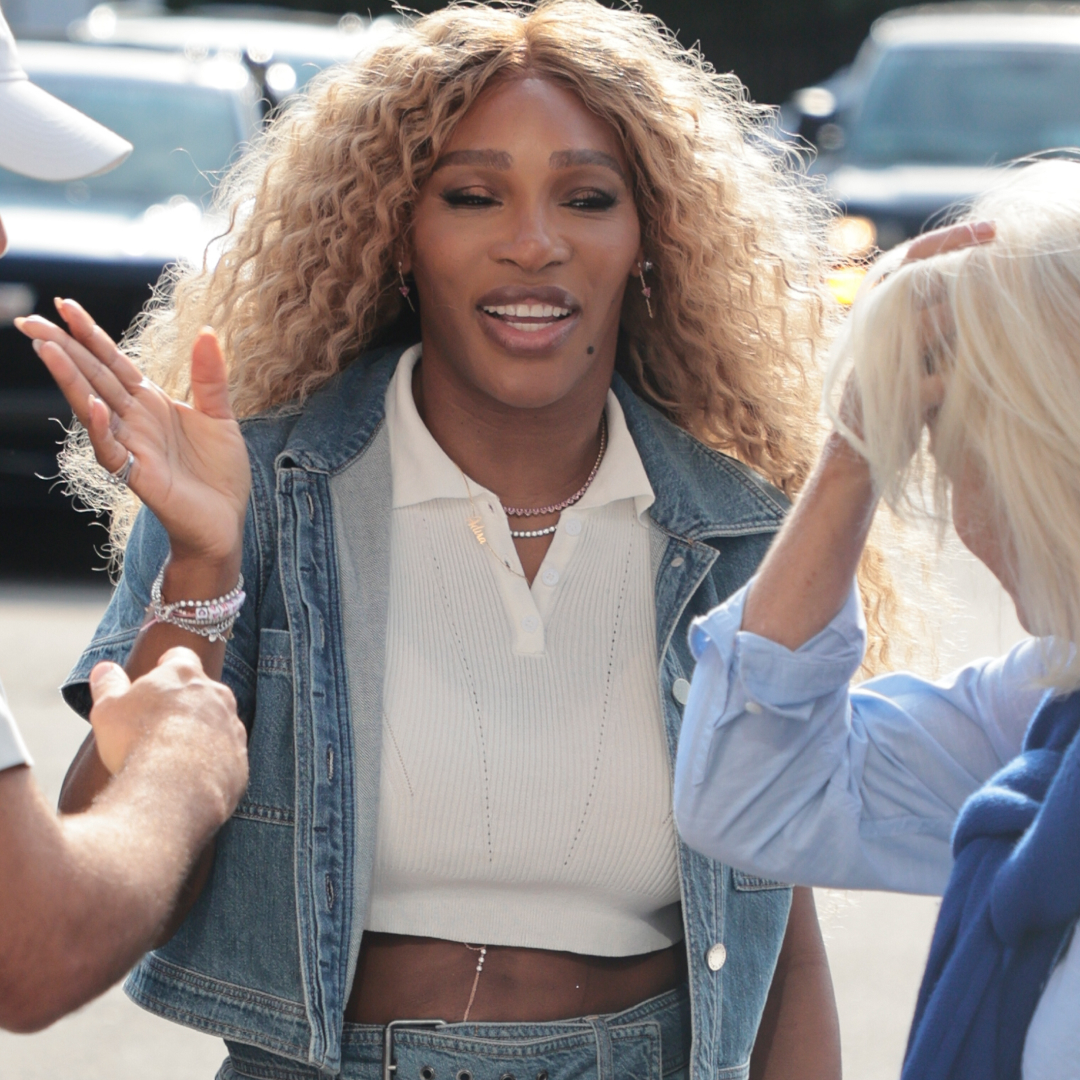
Serena Williams Recreates Her Iconic 2004 Denim Tennis Outfit
The tennis star wore a denim mini skirt set at the U.S. Open, 20 years after the first.
By Julia Gray Published
-
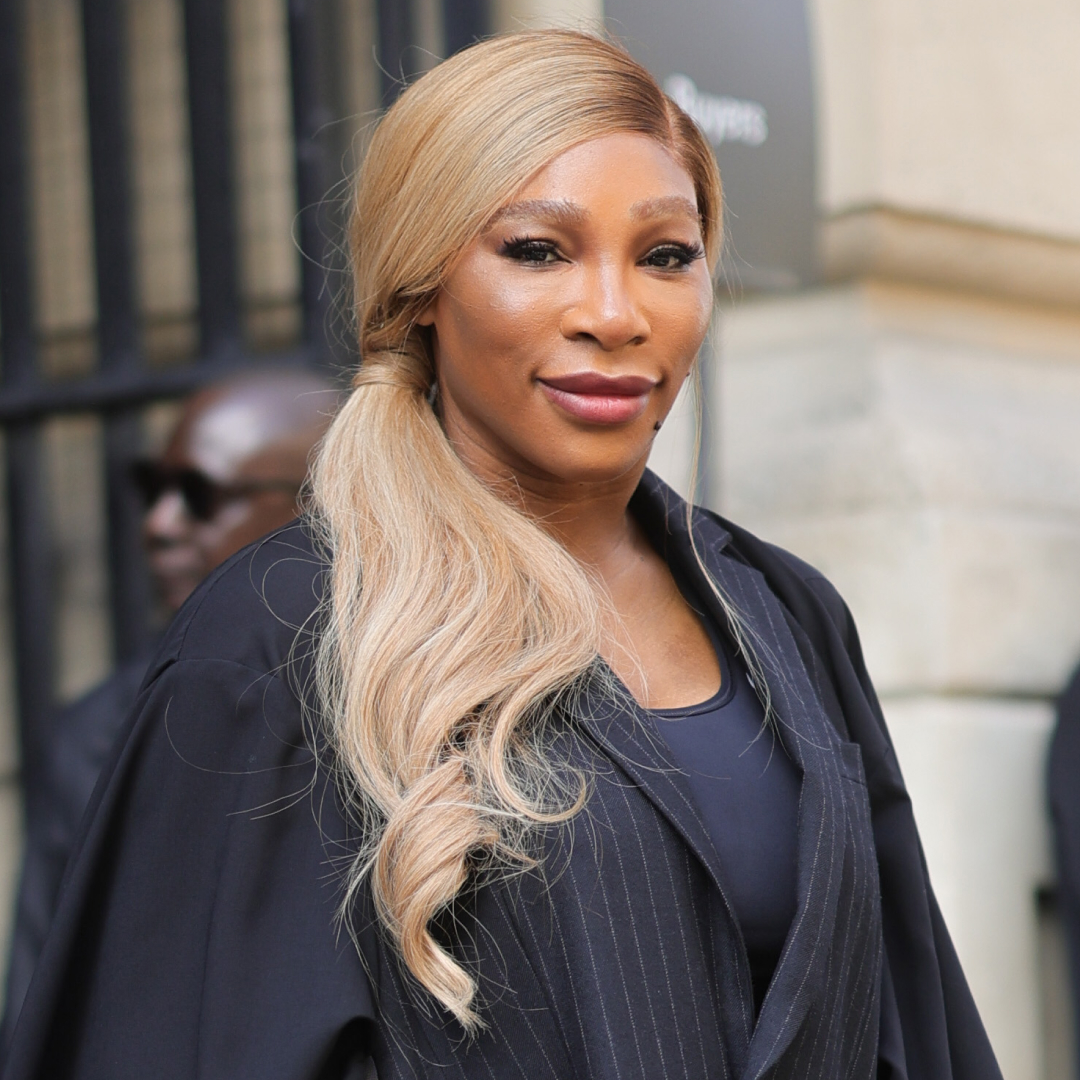
Paris Hotel Apologizes to Serena Williams After She and Her Kids Were Refused Restaurant Access
A rep for the restaurant said it was fully booked.
By Iris Goldsztajn Published
-
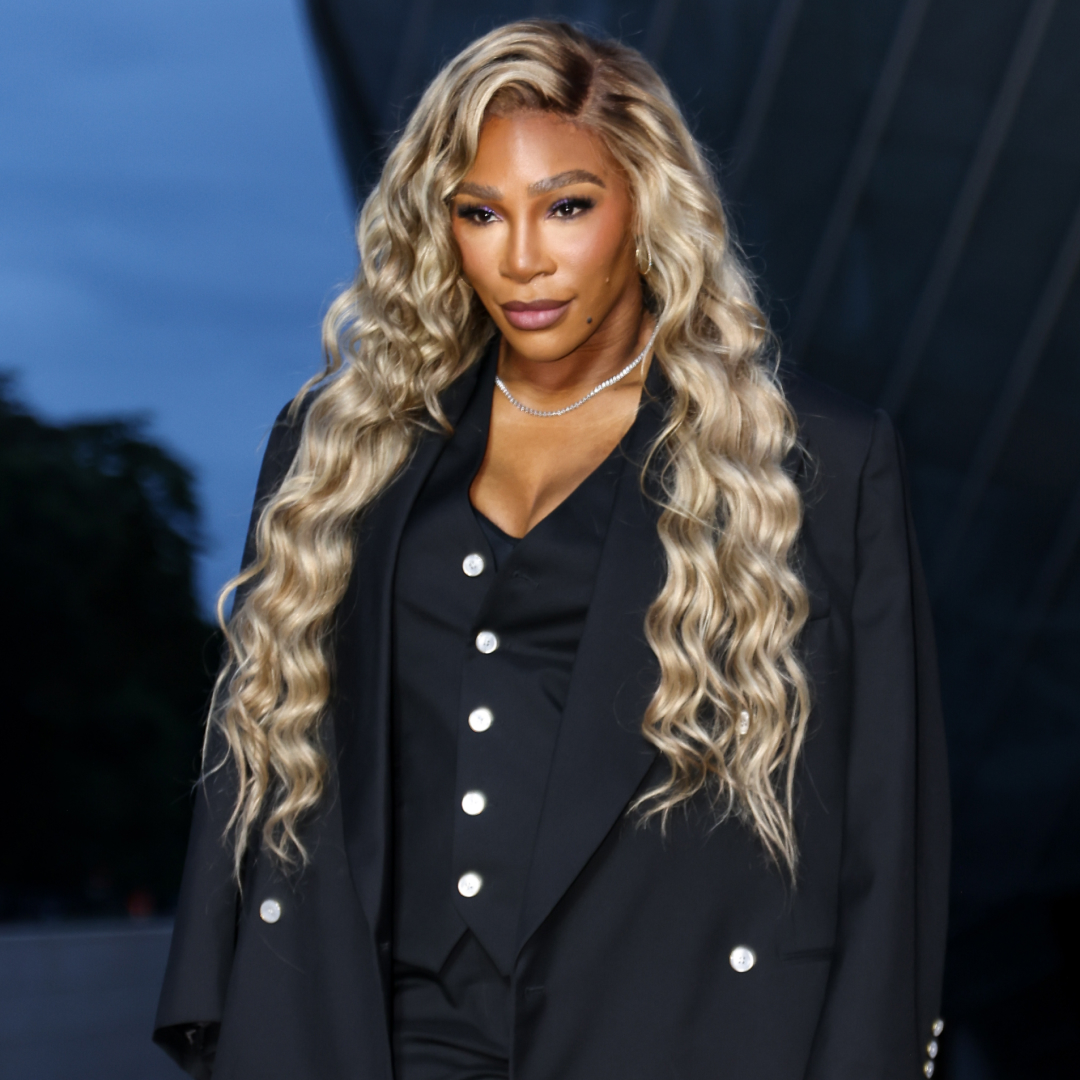
Serena Williams's Post-Retirement Style Pivot Is Complete
The tennis star's fashion era is taking a turn.
By Julia Gray Published
-
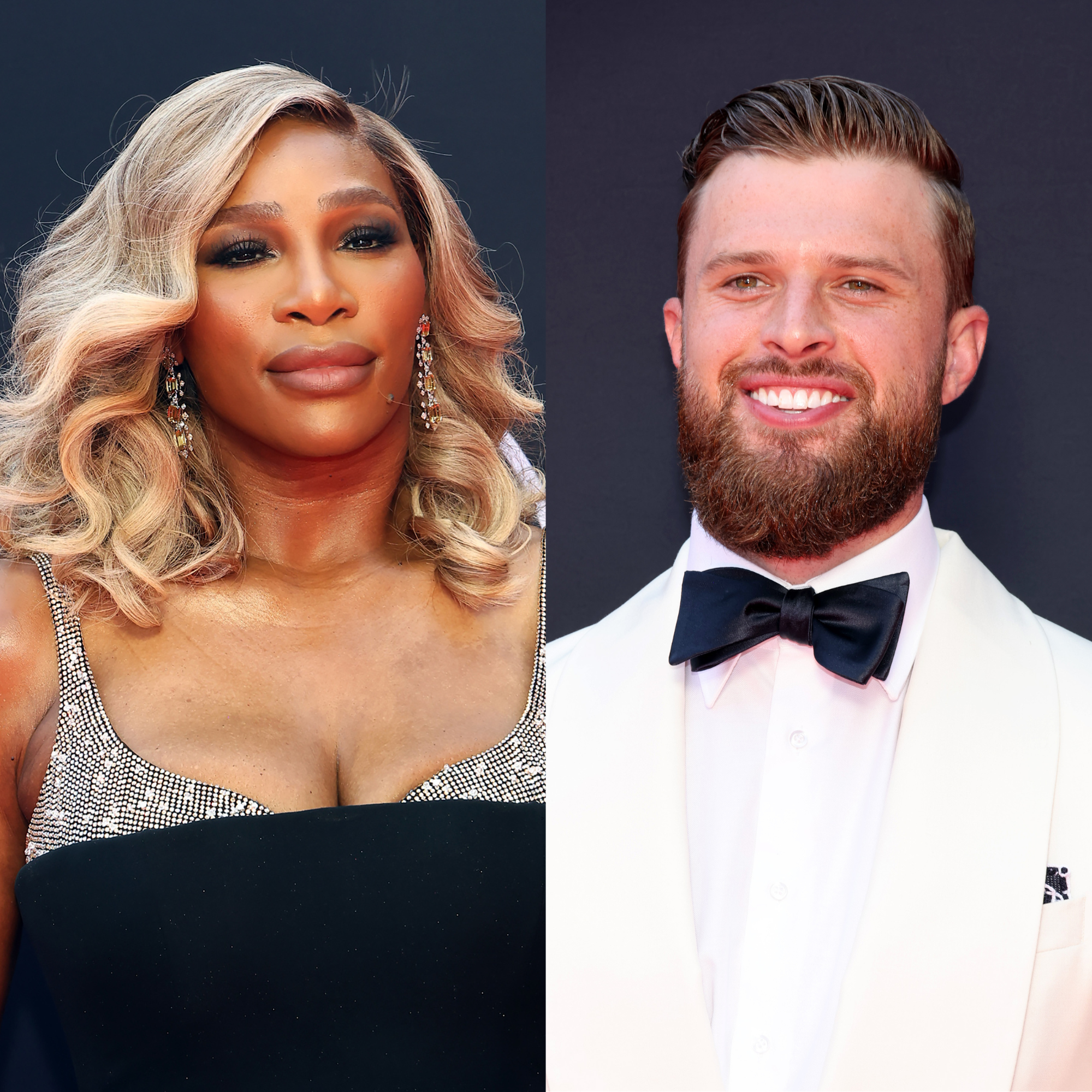
Serena Williams Throws Brutal Shade at Harrison Butker While Hosting ESPYs
Ouch.
By Iris Goldsztajn Published
-
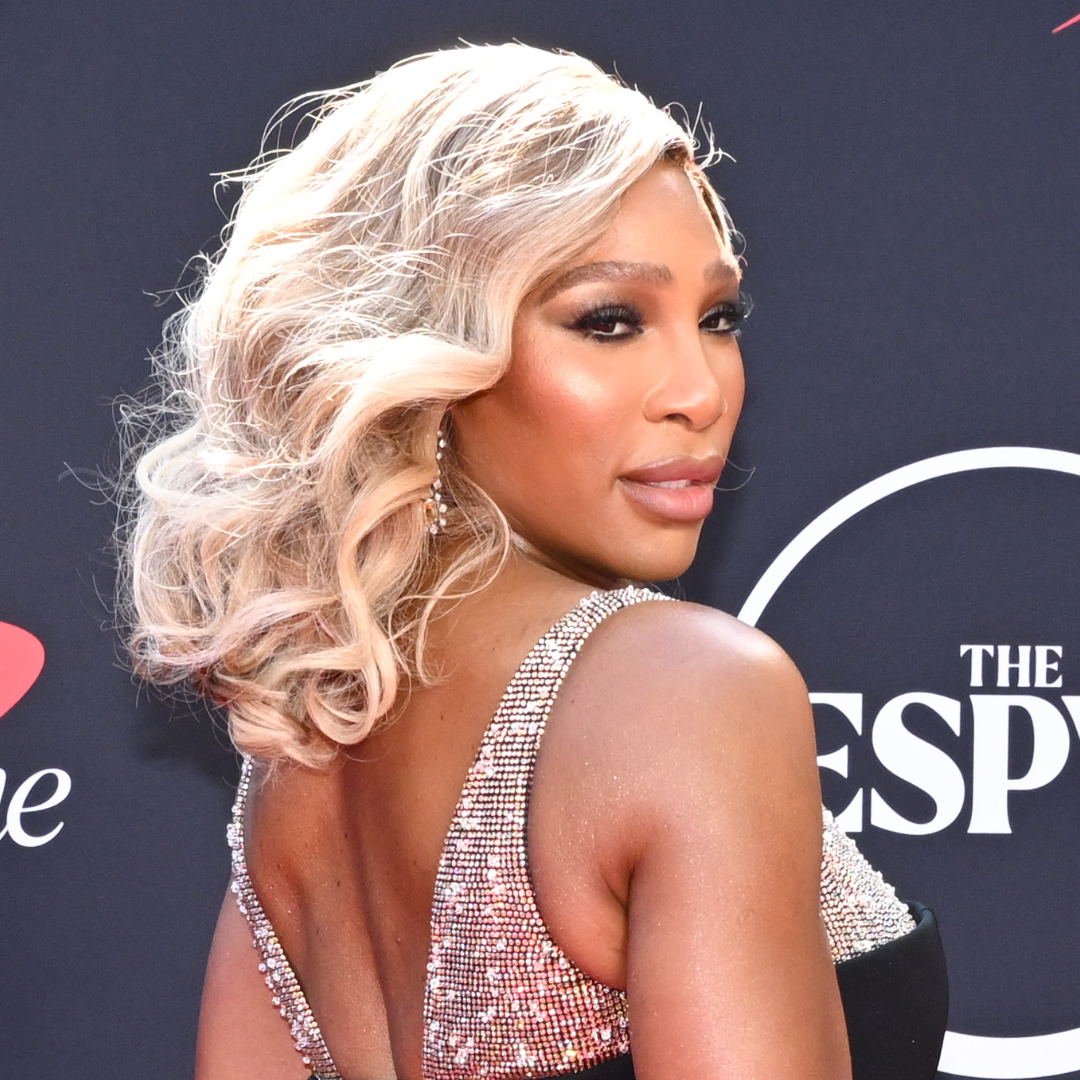
Serena Williams Shimmers Like a Gold Medal on the ESPYs Red Carpet
She's the host with the most style.
By Halie LeSavage Published
-
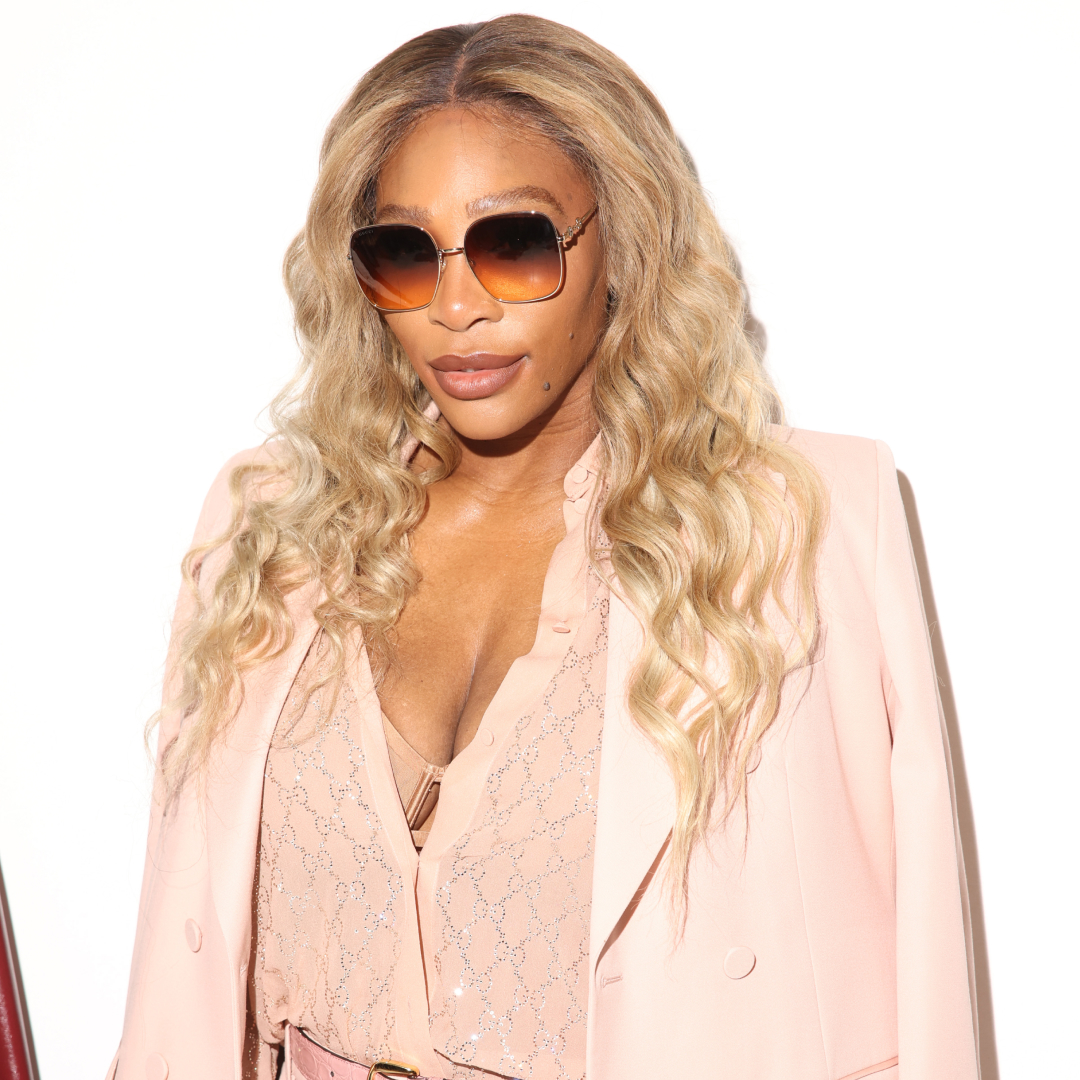
Serena Williams Confirms She Once Tried to Deposit a $1 Million Check at a Drive-Thru ATM
Perhaps not her most relatable story.
By Iris Goldsztajn Published
-

Serena Williams Pairs a Bubblegum Pink Mini Dress With Brat Green Slides
The GOAT has officially cosigned the "brat girl summer" trend.
By Danielle Campoamor Published
-

Serena Williams Breathes New Life Into Millennial Pink
She made Gucci's front row so much prettier.
By Julia Gray Published
-
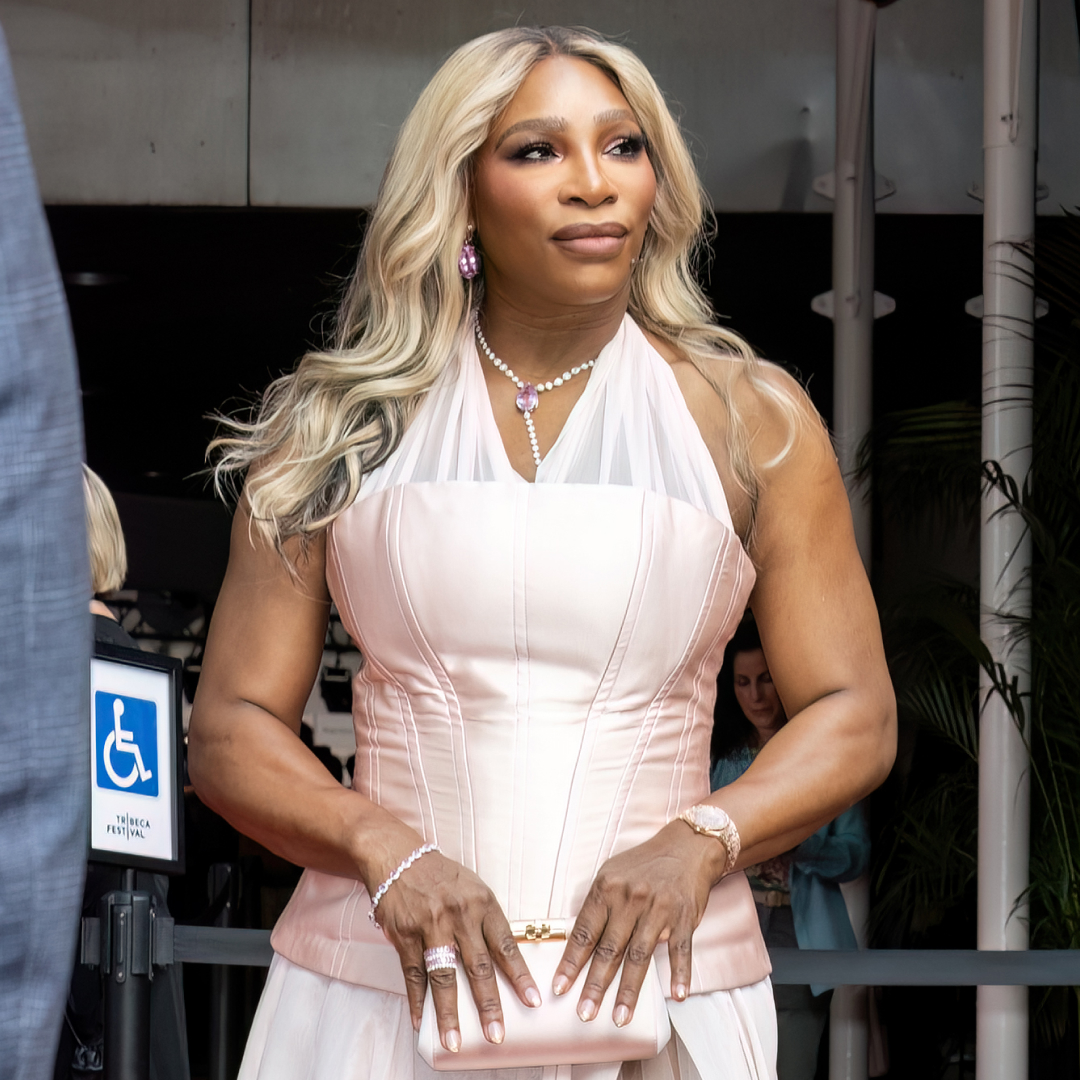
Serena Williams Looks Like a Modern Marilyn Monroe
From the blonde curls to the corseted dress.
By Danielle Campoamor Published
-
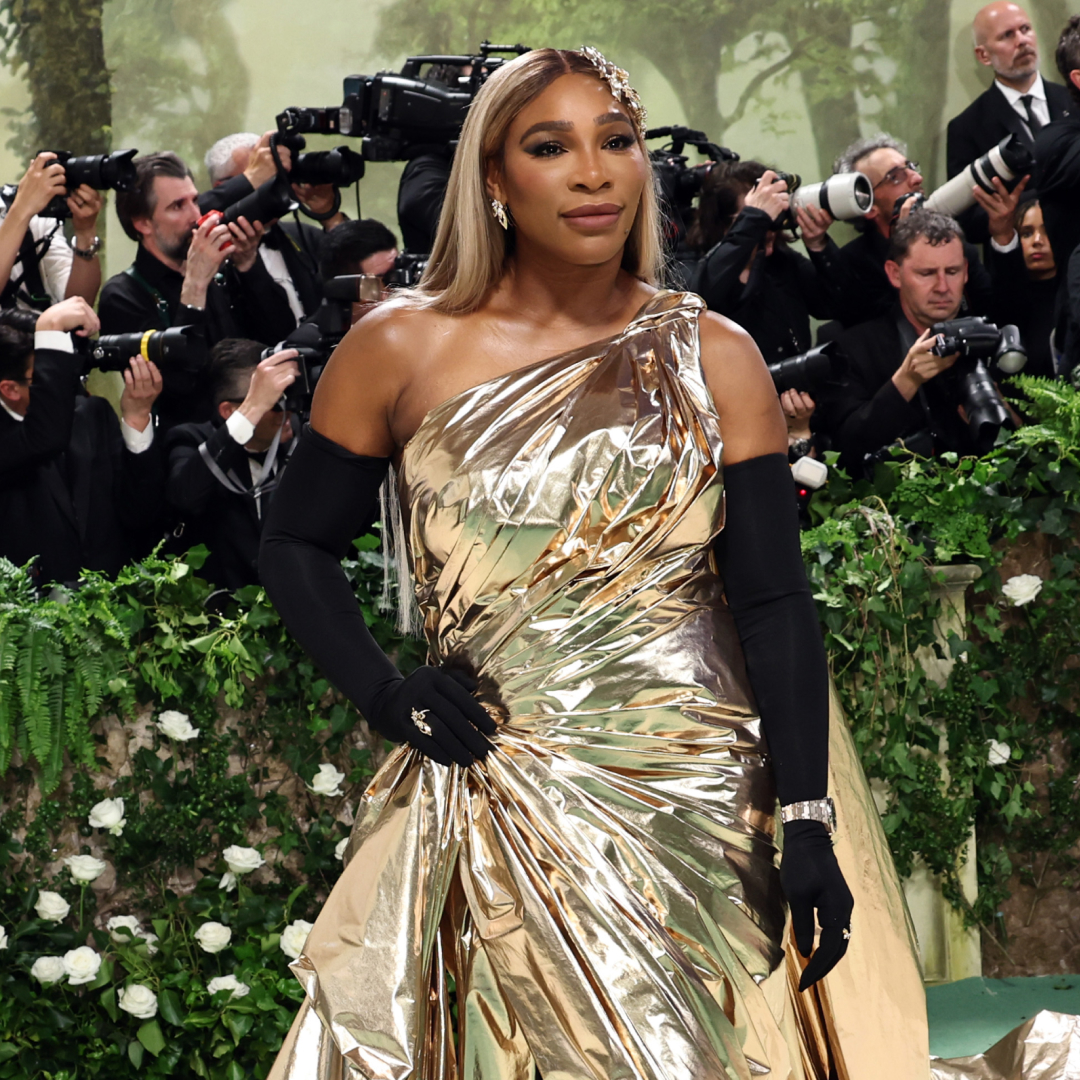
Serena Williams Is a Gilded Goddess at the 2024 Met Gala
An iconic look from a true icon.
By Julia Marzovilla Published
-
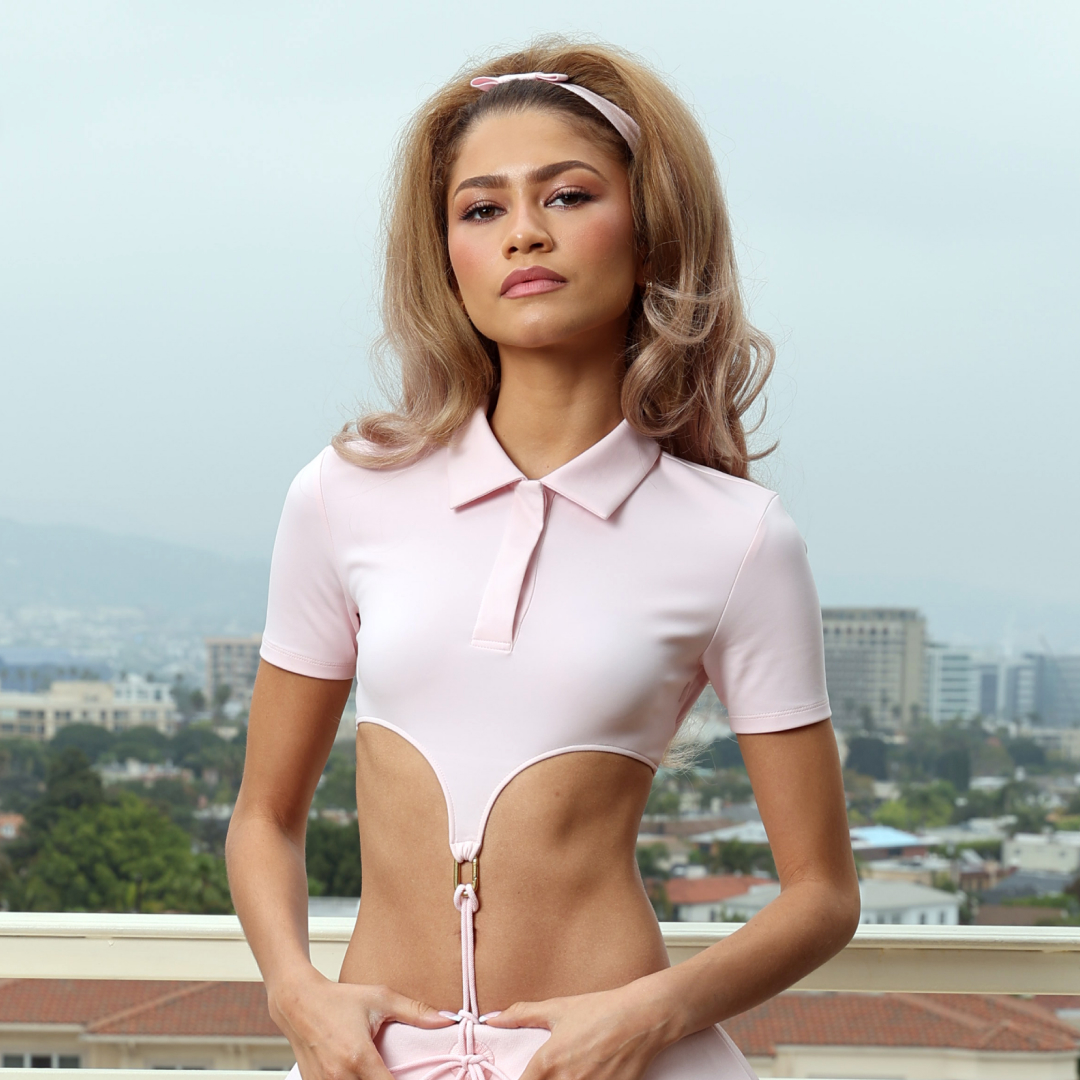
Zendaya Reveals What Serena Williams Told Her After Seeing 'Challengers'
The GOAT has weighed in.
By Danielle Campoamor Published
-
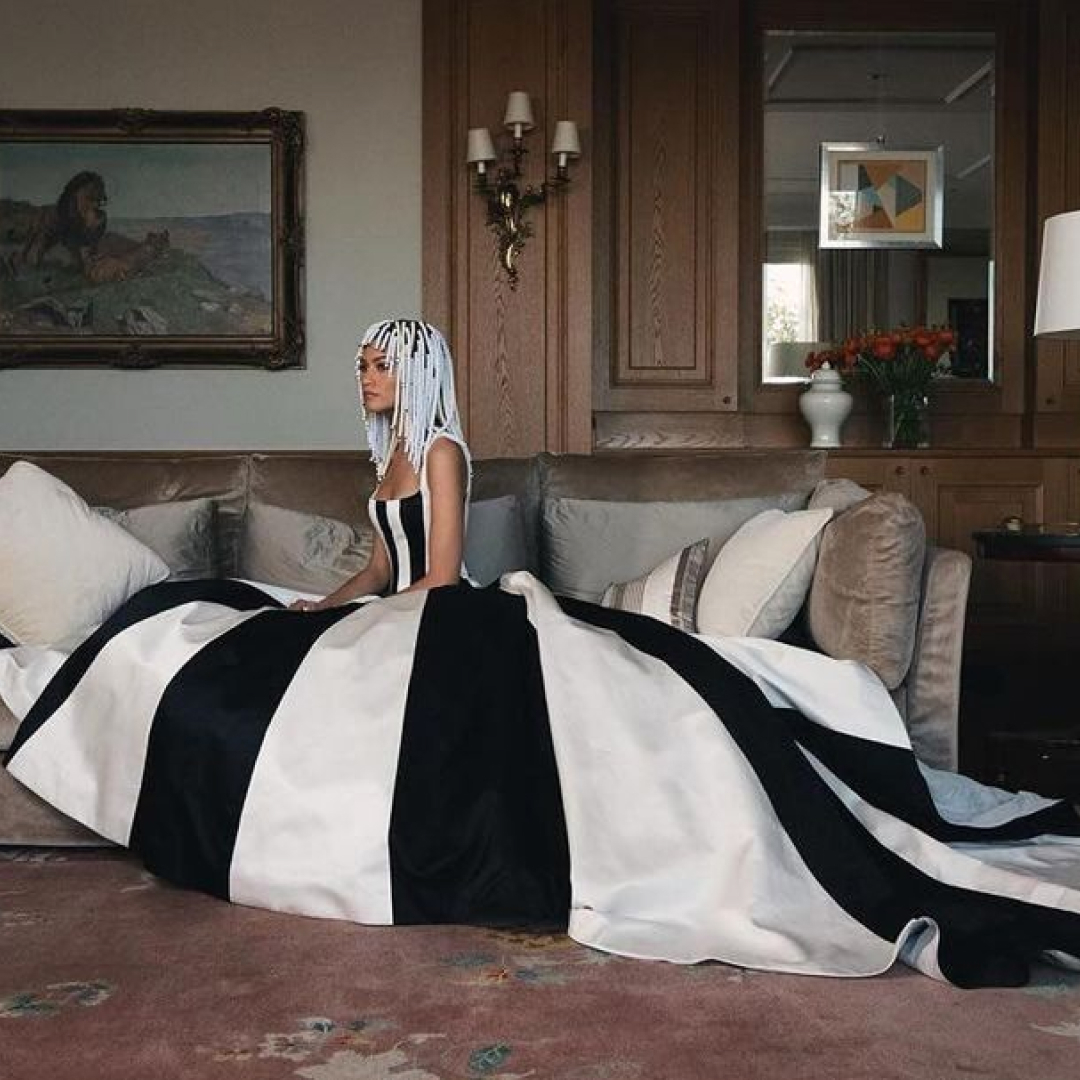
Zendaya's Final 'Challengers' Serve? A Williams Sisters Homage
She channeled one of their first fashion shoots in Carolina Herrera.
By Halie LeSavage Published
-
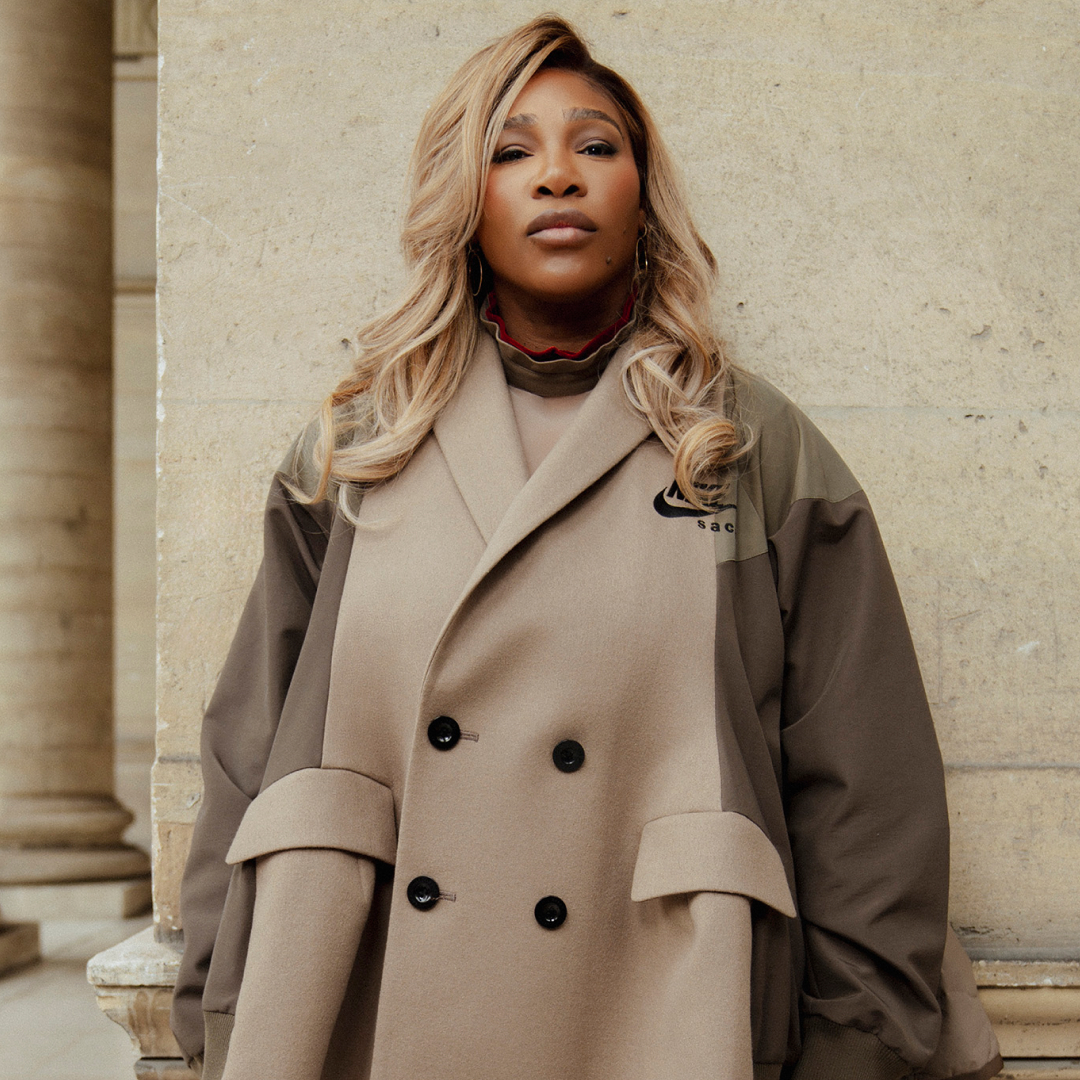
How Serena Williams Transformed Tennis Fashion "Without Even Trying"
In an exclusive interview, the greatest of all time opens up about her game-changing style.
By Halie LeSavage Last updated
-
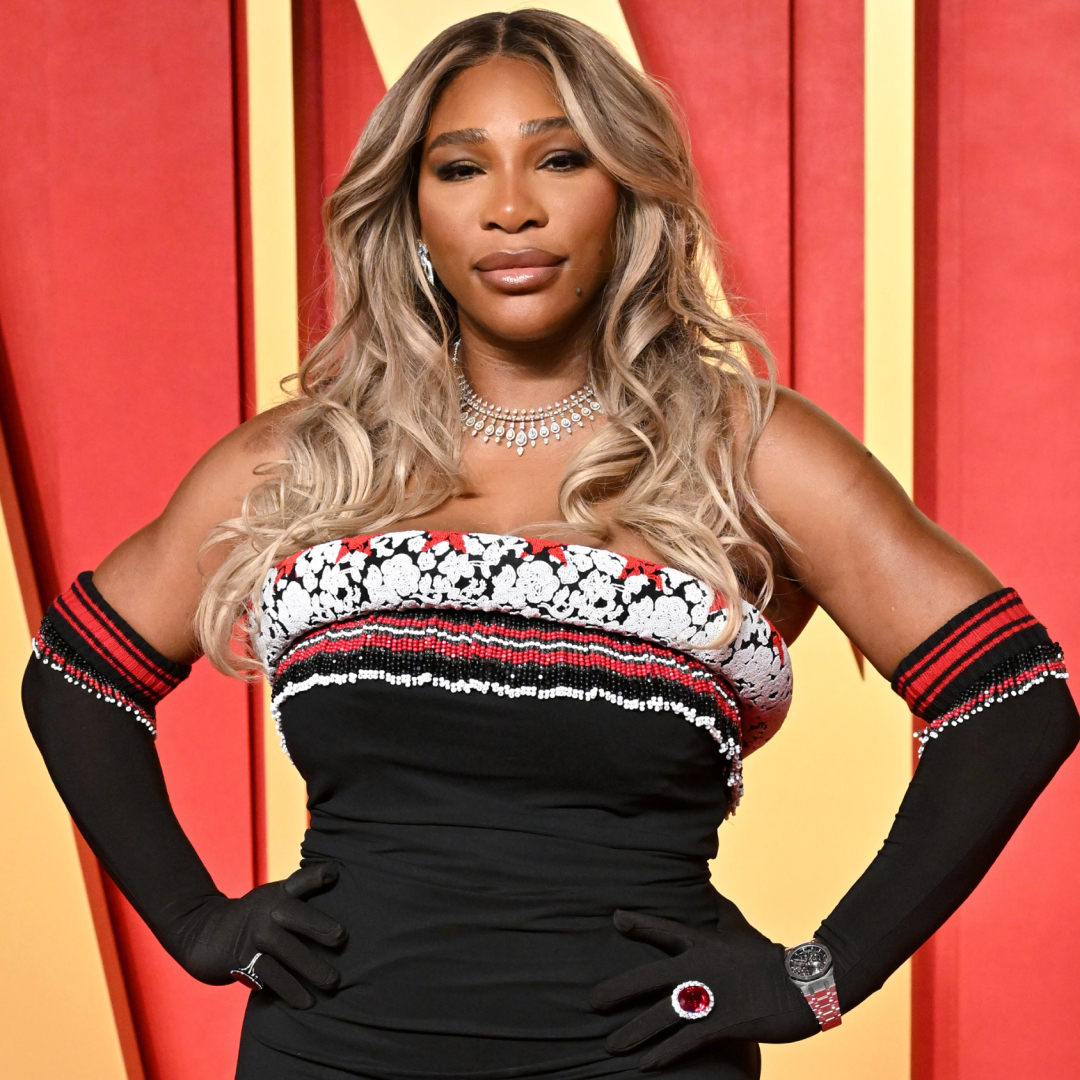
Serena Williams Joins Prince Harry and Meghan Markle in Florida While Filming New Netflix Show
The tennis great was spotted while the former royal couple filmed one of their upcoming series.
By Danielle Campoamor Last updated
-
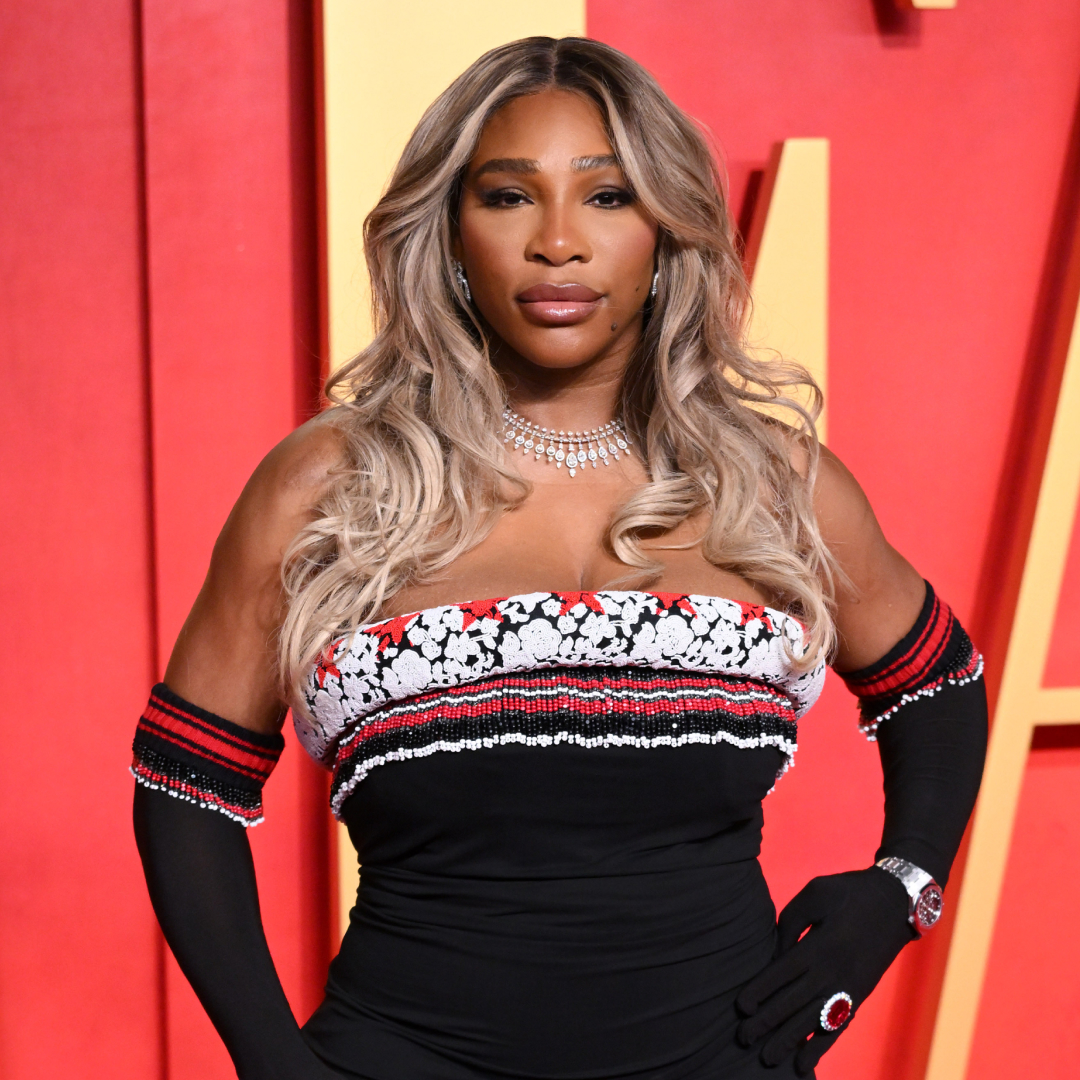
Serena Williams Reacts to Being on More Than One "Worst Dressed Lists"
Don't hold your breath for an apology, folks.
By Danielle Campoamor Published
-
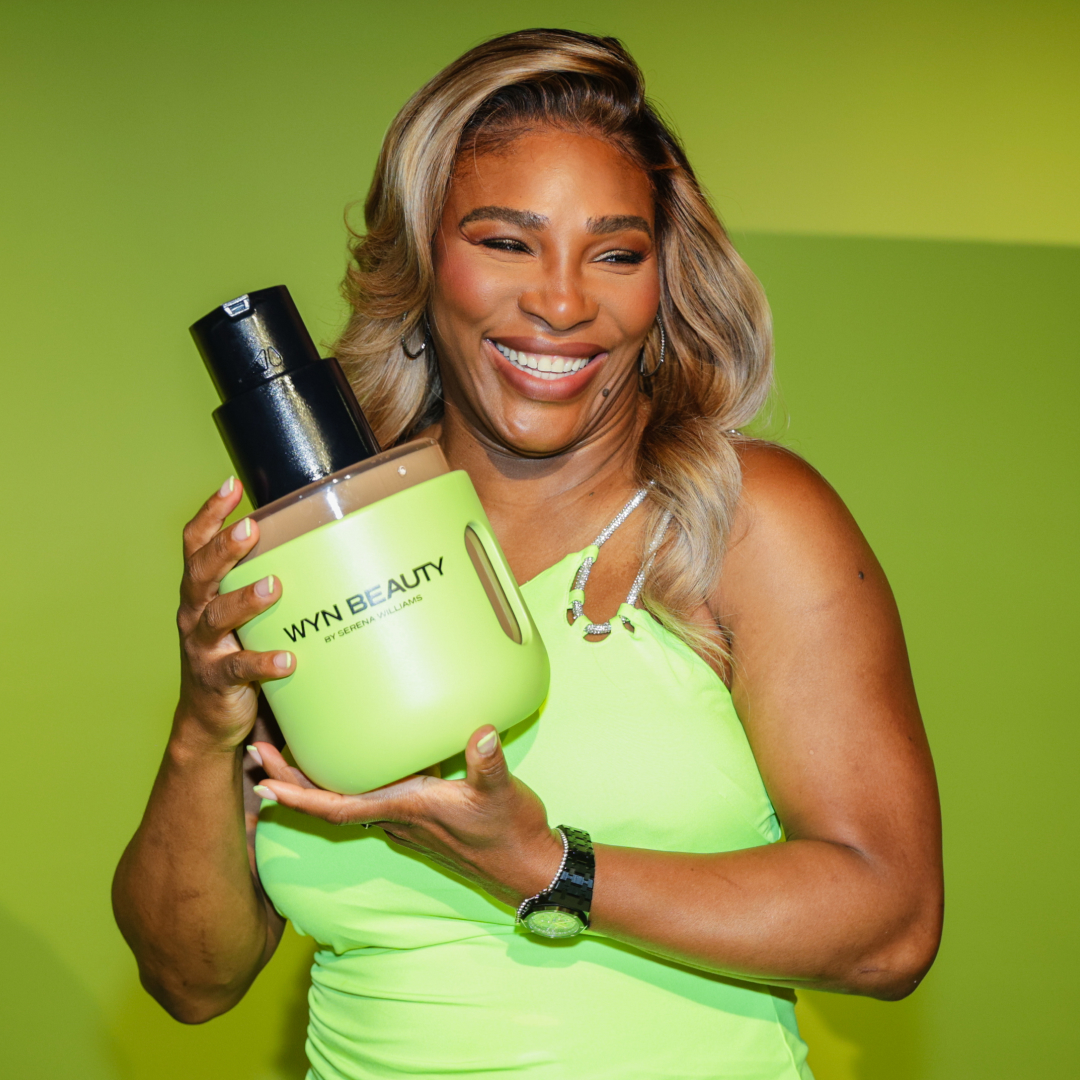
Wyn Beauty Isn't Your Typical Celebrity Brand
'Marie Claire' editors stand by these long-lasting products.
By Halie LeSavage Published
-
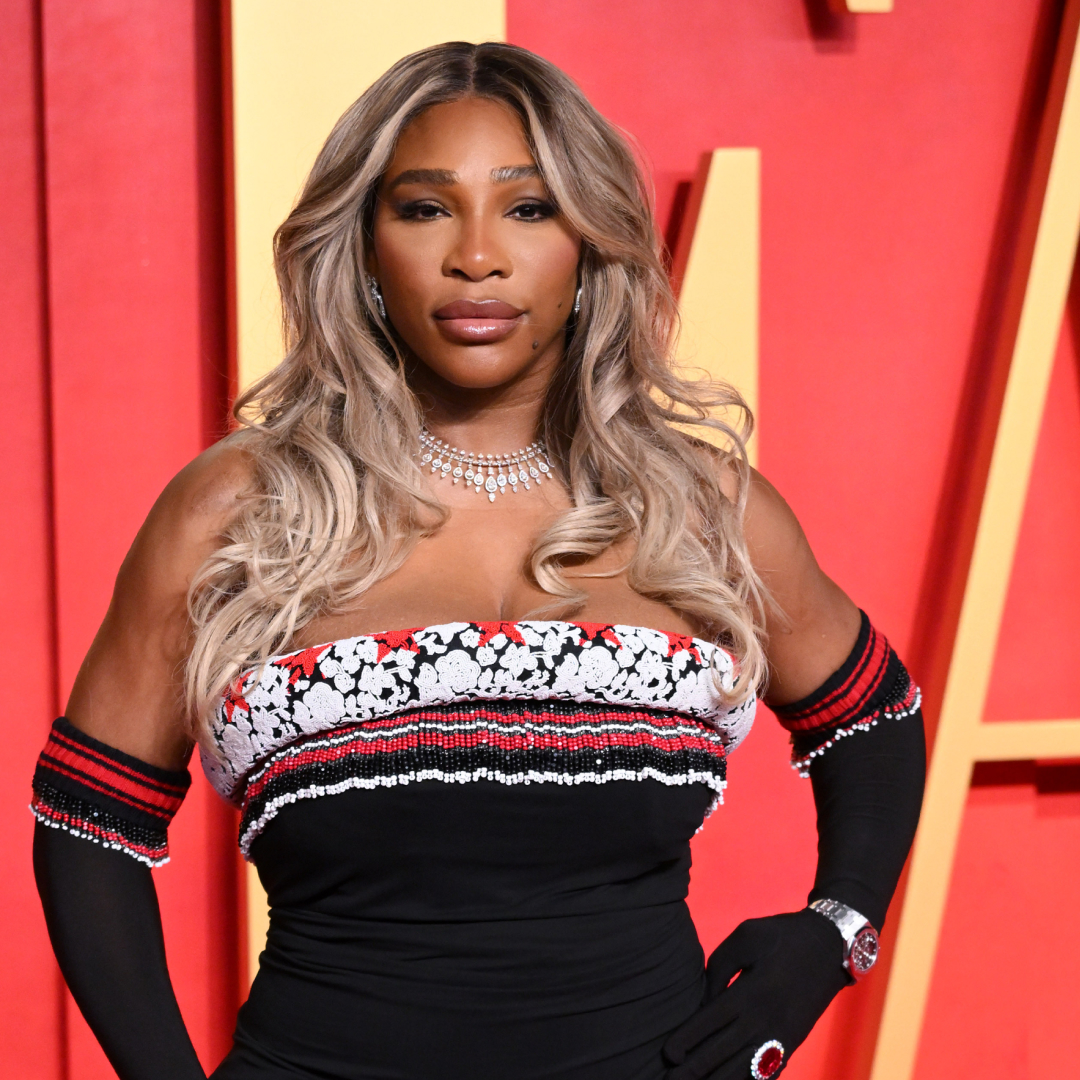
Serena Williams Reveals the Way She's Teaching Her Daughters to Be Body Positive
"For me, it's super important for them to love who they are and whatever they look like."
By Danielle Campoamor Published
-
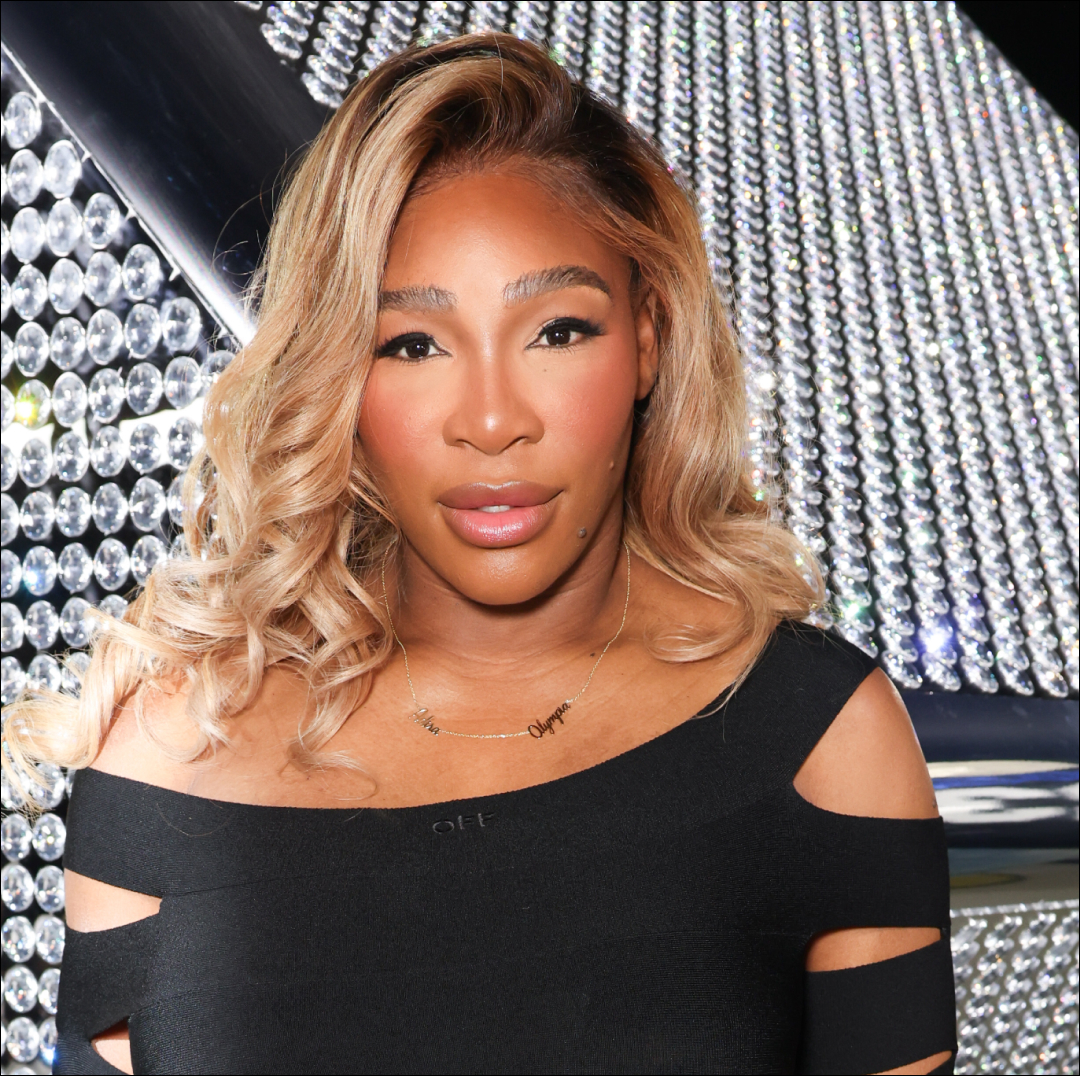
Serena Williams Attends Off-White's Show in Paris in a Bodycon Dress With Dramatic Cutouts
The tennis star was close with Off-White's founder, Virgil Abloh.
By Danielle Campoamor Published
